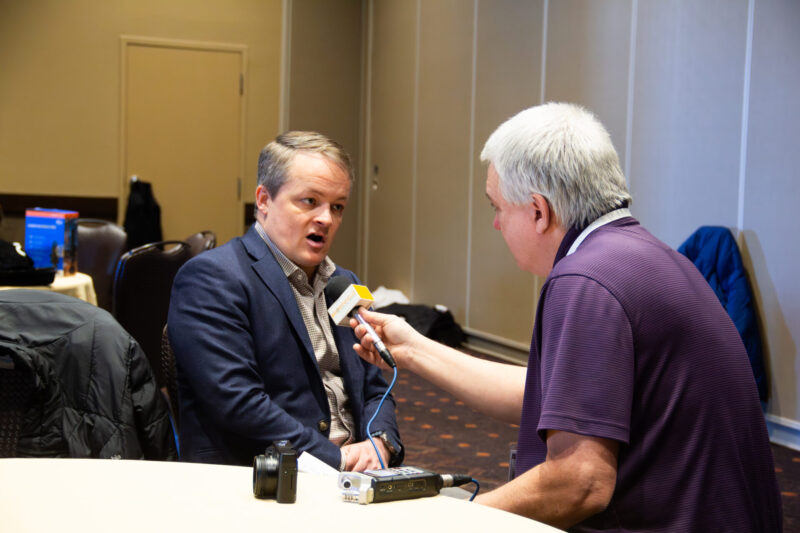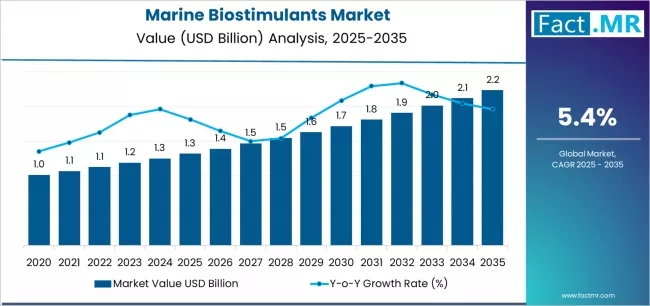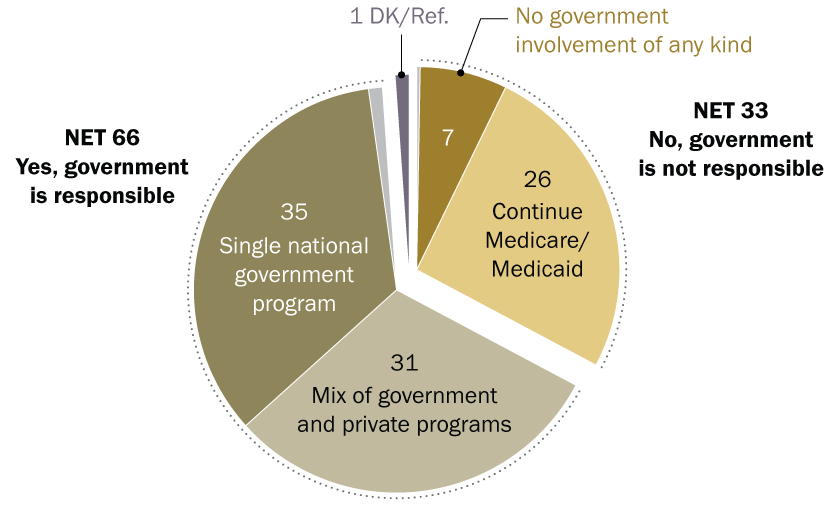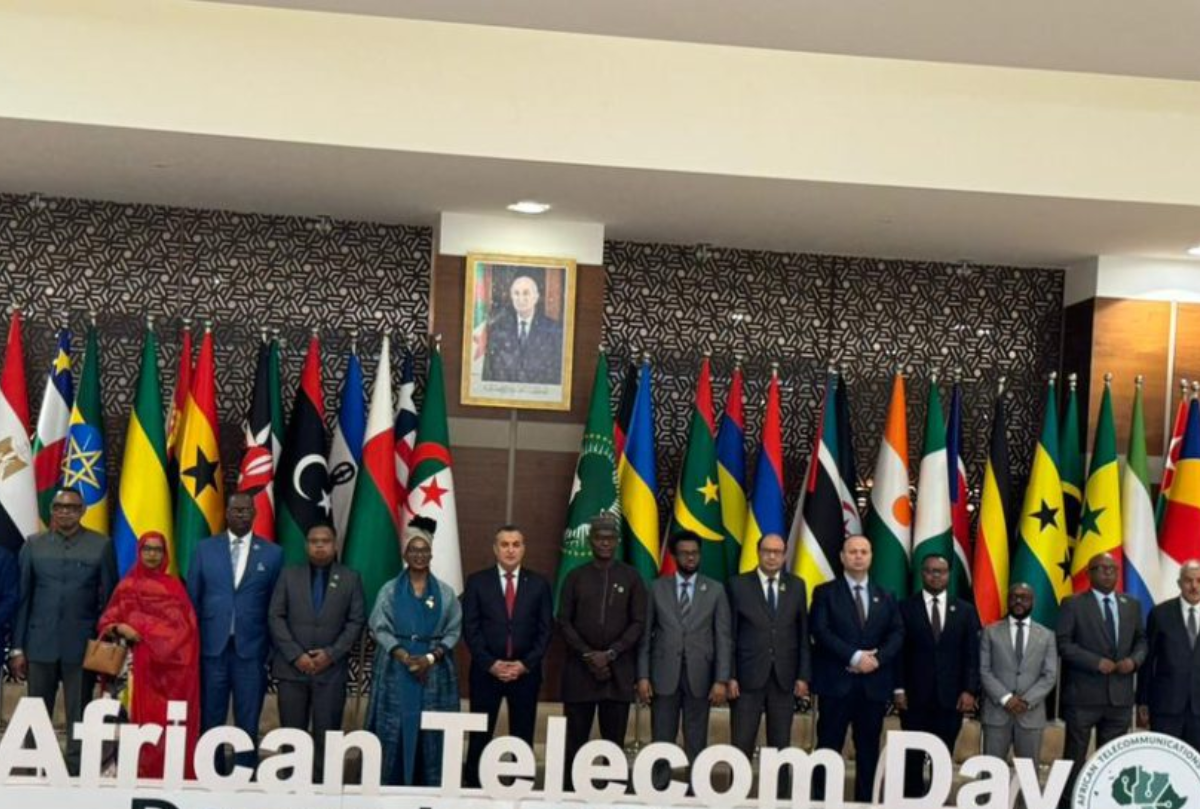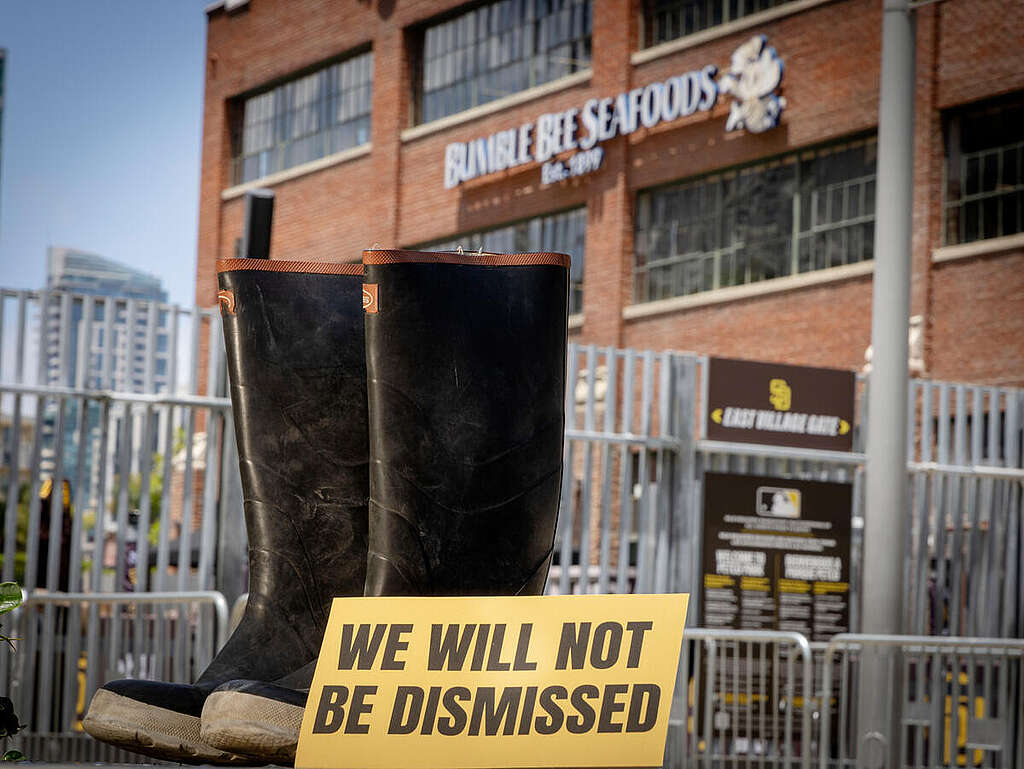Barcelona blasted for ‘whitewashing human rights violations’ – Football Espana
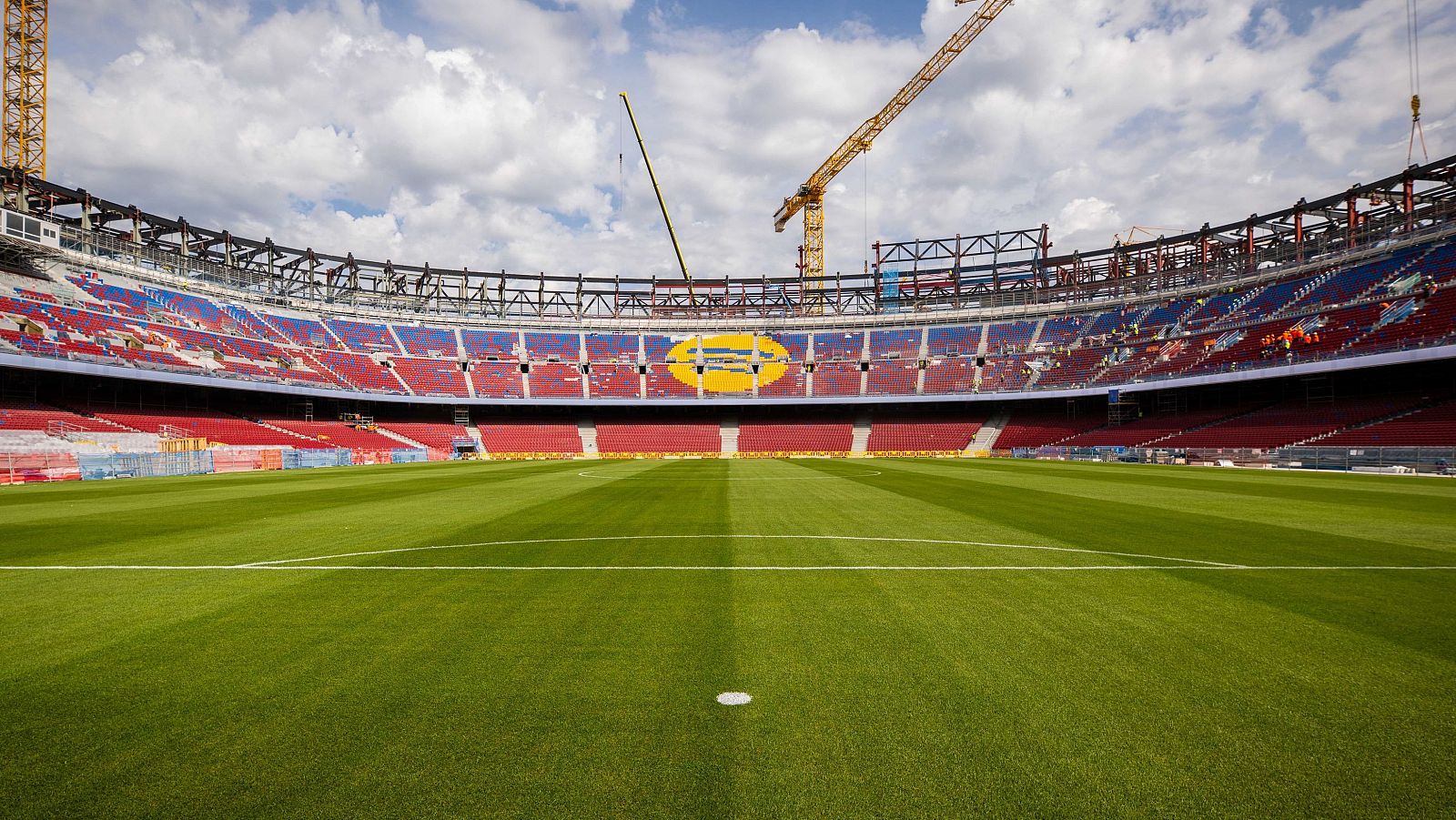
Report on FC Barcelona’s Sponsorship Agreement with the Democratic Republic of Congo
Introduction and Partnership Overview
FC Barcelona has entered into a four-year sponsorship agreement with the government of the Democratic Republic of Congo (DR Congo). This report analyzes the partnership, the ensuing criticism, and its significant misalignment with several United Nations Sustainable Development Goals (SDGs).
- Financial Terms: The agreement is valued at approximately €44 million over the contract period.
- Branding: The slogan “DR Congo – The heart of Africa” will be featured in French on the back of the team’s training kits and on the sleeves of their match shirts.
- Associated Initiatives: The deal includes a partnership with the Barca Innovation Hub and plans for school-based sports improvement programs within the DR Congo.
Conflict with Sustainable Development Goals (SDGs)
The partnership has been widely condemned for contradicting Barcelona’s stated values and undermining key SDGs. The primary concerns revolve around human rights, poverty, and institutional justice.
SDG 16: Peace, Justice and Strong Institutions
Amnesty International has criticized the agreement, stating that “sports cannot be a platform to whitewash human rights violations.” This directly challenges the principles of SDG 16, which aims to promote peaceful and inclusive societies and provide access to justice for all.
- Human Rights Abuses: The Eastern region of DR Congo is the site of severe conflict involving government forces and rebel groups.
- Reported Atrocities: Amnesty International reports that devastating human rights abuses, including gang rapes, extra-judicial executions, and abuse of civilian populations, have been perpetrated by the military as well as rebel factions.
- Accountability: The partnership is seen as lending legitimacy to a government implicated in these violations, thereby undermining efforts to build accountable and inclusive institutions as mandated by SDG 16.
SDG 10: Reduced Inequalities & SDG 5: Gender Equality
The agreement raises serious questions regarding commitments to equality and non-discrimination.
- LGBTQIA+ Rights: The DR Congo government is reportedly moving to implement the death penalty for homosexuality. This stands in stark contrast to FC Barcelona’s public support for LGBTQIA+ causes and directly contravenes the goal of reducing inequalities (SDG 10).
- Gender-Based Violence: The documented use of gang rape as a tool of conflict is a severe violation of human rights and a direct affront to SDG 5, which seeks to eliminate all forms of violence against women and girls.
SDG 1: No Poverty
The economic context of the DR Congo highlights a disconnect between the sponsorship deal and the fundamental needs of its population, a core concern of SDG 1.
- Widespread Poverty: An estimated 73% of the population in DR Congo lives in poverty.
- International Scrutiny: The deal has drawn political attention, notably in the Swedish parliament, which questioned the partnership in light of the substantial financial aid Sweden provides to the country. This raises concerns about resource allocation and the partnership’s contribution to poverty eradication.
Wider Context and Precedents
International Condemnation
The agreement has faced international condemnation from its inception due to the ongoing human rights crisis and socio-economic conditions within the DR Congo.
Similar Controversies in European Football
This type of controversial partnership is not isolated. Other major European football clubs have faced similar criticism for agreements that appear to overlook human rights concerns in favor of financial gain, challenging the ethical responsibilities inherent in SDG 17 (Partnerships for the Goals).
- AS Monaco and AC Milan have also signed deals with the DR Congo.
- Arsenal FC and Atletico Madrid have been criticized for their sponsorship agreements with Rwanda.
Analysis of SDGs, Targets, and Indicators
1. Which SDGs are addressed or connected to the issues highlighted in the article?
The article touches upon several interconnected issues that are relevant to the following Sustainable Development Goals (SDGs):
- SDG 1: No Poverty – The article explicitly mentions the high poverty rate in the Democratic Republic of Congo.
- SDG 5: Gender Equality – The mention of “gang rapes” as part of the human rights abuses directly relates to the goal of eliminating violence against women.
- SDG 10: Reduced Inequalities – The DR Congo government’s move to implement the death penalty for homosexuality is a clear issue of inequality and discrimination against the LGBTQIA+ community.
- SDG 16: Peace, Justice and Strong Institutions – This is a central theme, with the article highlighting conflict, “devastating human rights abuses,” “extra-judicial executions,” and the abuse of civilian populations, pointing to a lack of peace and justice.
- SDG 17: Partnerships for the Goals – The sponsorship agreement itself is a public-private partnership between FC Barcelona and the DR Congo government. The criticism surrounding it raises questions about the ethical responsibilities and impacts of such partnerships.
2. What specific targets under those SDGs can be identified based on the article’s content?
Based on the issues discussed, the following specific targets can be identified:
- Target 1.2: By 2030, reduce at least by half the proportion of men, women and children of all ages living in poverty in all its dimensions according to national definitions. The article’s statement that “73% of the population meeting the stipulations for living in poverty” directly relates to this target.
- Target 5.2: Eliminate all forms of violence against all women and girls in the public and private spheres. The reference to the military being involved in “gang rapes” points directly to the failure to meet this target.
- Target 10.2: By 2030, empower and promote the social, economic and political inclusion of all, irrespective of… other status. The move to “implement the death penalty for homosexuality” is a direct contradiction of this target, as it seeks to persecute and exclude a specific group.
- Target 16.1: Significantly reduce all forms of violence and related death rates everywhere. The article describes a conflict zone with “extra-judicial executions” and “atrocities,” which are clear examples of the violence this target aims to reduce.
- Target 17.17: Encourage and promote effective public, public-private and civil society partnerships. The €44m deal between Barcelona and DR Congo is a public-private partnership. The criticism from Amnesty International (a civil society organization) highlights the debate around the effectiveness and ethical implications of such partnerships, especially when they risk “whitewashing human rights violations.”
3. Are there any indicators mentioned or implied in the article that can be used to measure progress towards the identified targets?
Yes, the article mentions or implies several indicators that can be used to measure progress:
- Indicator for Target 1.2: The proportion of the population living in poverty is explicitly stated as “73%.” This figure serves as a direct indicator of the poverty level in DR Congo.
- Indicator for Target 5.2: The mention of “gang rapes” implies that the prevalence and incidence of sexual and gender-based violence are key indicators of the human rights situation and the state of gender equality.
- Indicator for Target 10.2: The existence of discriminatory laws, such as the proposed “death penalty for homosexuality,” serves as a direct indicator of the lack of inclusion and protection for marginalized groups.
- Indicator for Target 16.1: The article points to the number of unlawful killings (“extra-judicial executions”) and the level of conflict-related violence (“devastating human rights abuses”) as clear indicators of the lack of peace and security.
- Indicator for Target 17.17: The financial value of the partnership (“around €44m”) is an indicator of the amount of resources mobilized through public-private partnerships. The criticism itself serves as a qualitative indicator of the ethical scrutiny applied to such partnerships.
Summary Table of SDGs, Targets, and Indicators
| SDGs | Targets | Indicators |
|---|---|---|
| SDG 1: No Poverty | 1.2: Reduce at least by half the proportion of people living in poverty. | The proportion of the population living in poverty, stated as “73%.” |
| SDG 5: Gender Equality | 5.2: Eliminate all forms of violence against all women and girls. | Incidence of sexual violence, as indicated by reports of “gang rapes.” |
| SDG 10: Reduced Inequalities | 10.2: Promote the social, economic and political inclusion of all. | The existence of discriminatory laws, such as the proposed “death penalty for homosexuality.” |
| SDG 16: Peace, Justice and Strong Institutions | 16.1: Significantly reduce all forms of violence and related death rates. | Number of unlawful killings (“extra-judicial executions”) and level of conflict-related violence. |
| SDG 17: Partnerships for the Goals | 17.17: Encourage and promote effective public, public-private and civil society partnerships. | The financial value of public-private partnerships (the “€44m” deal) and the ethical scrutiny from civil society (Amnesty International’s condemnation). |
Source: football-espana.net

What is Your Reaction?
 Like
0
Like
0
 Dislike
0
Dislike
0
 Love
0
Love
0
 Funny
0
Funny
0
 Angry
0
Angry
0
 Sad
0
Sad
0
 Wow
0
Wow
0
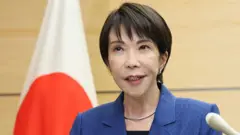
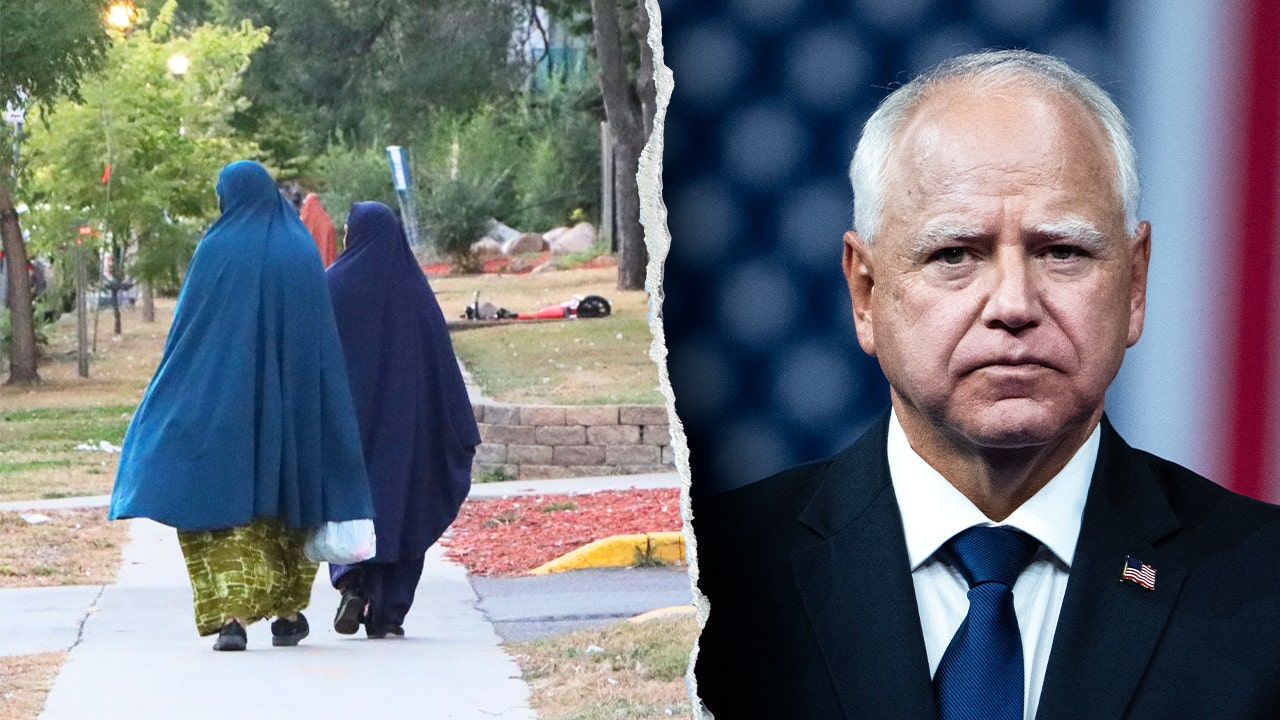




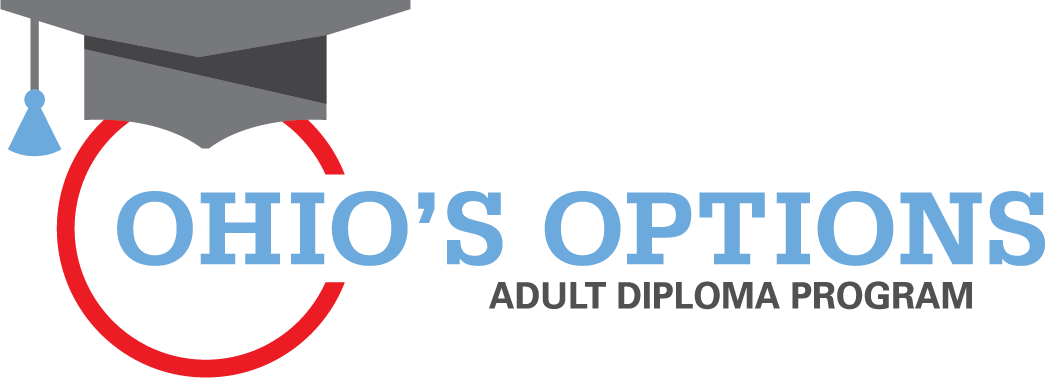




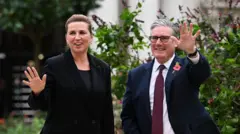






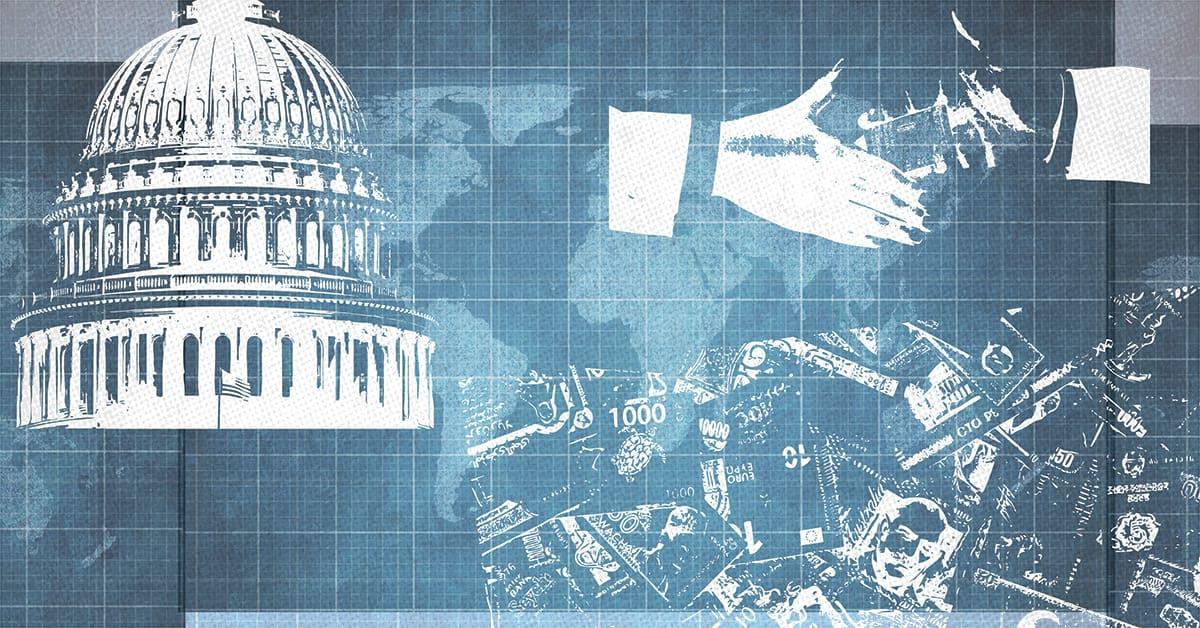













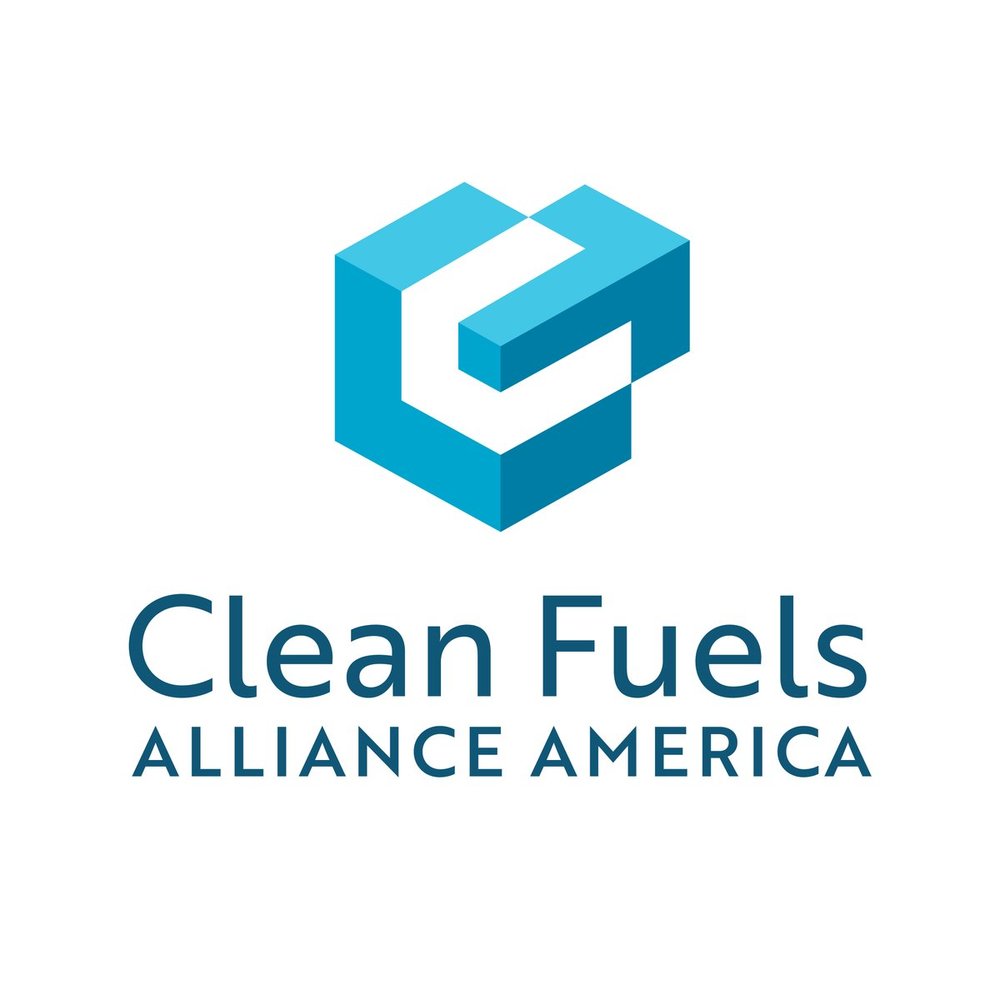

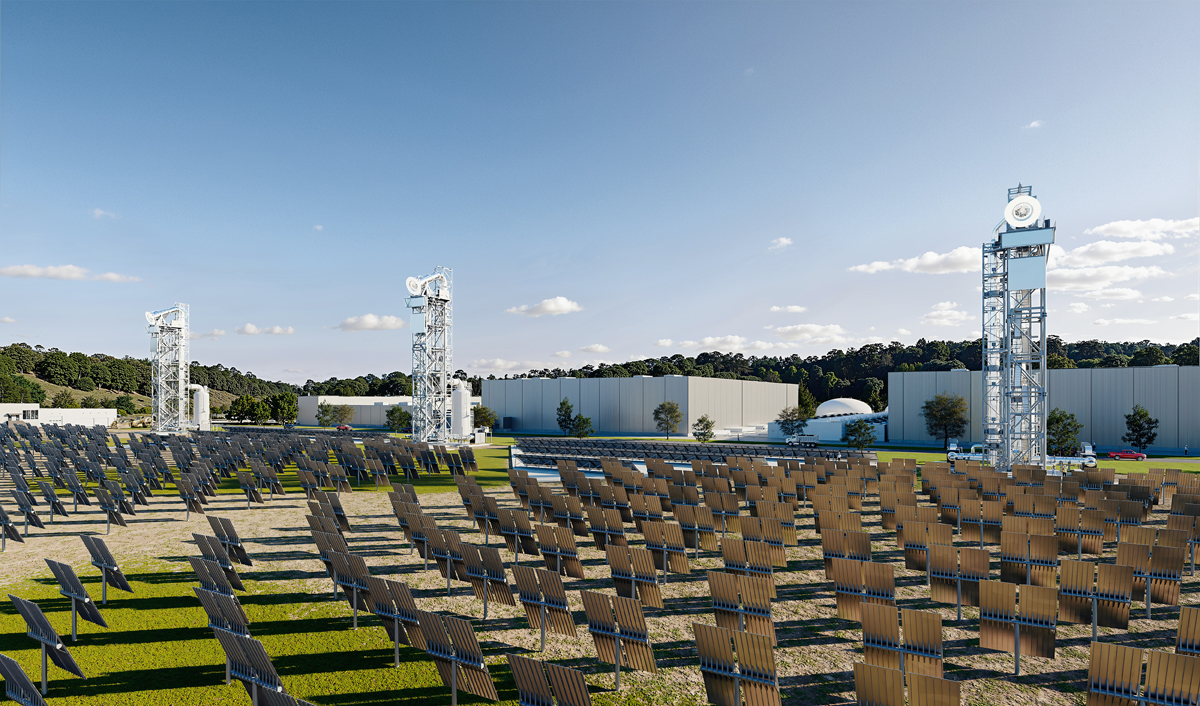















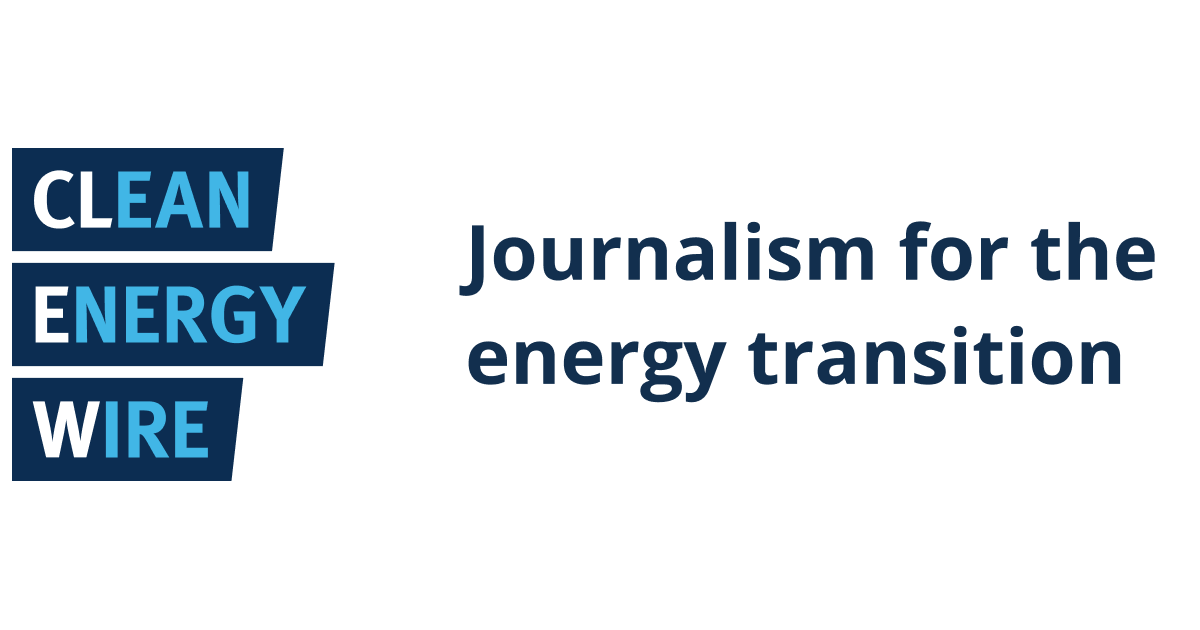
.jpg.webp?itok=0ZsAnae9#)


